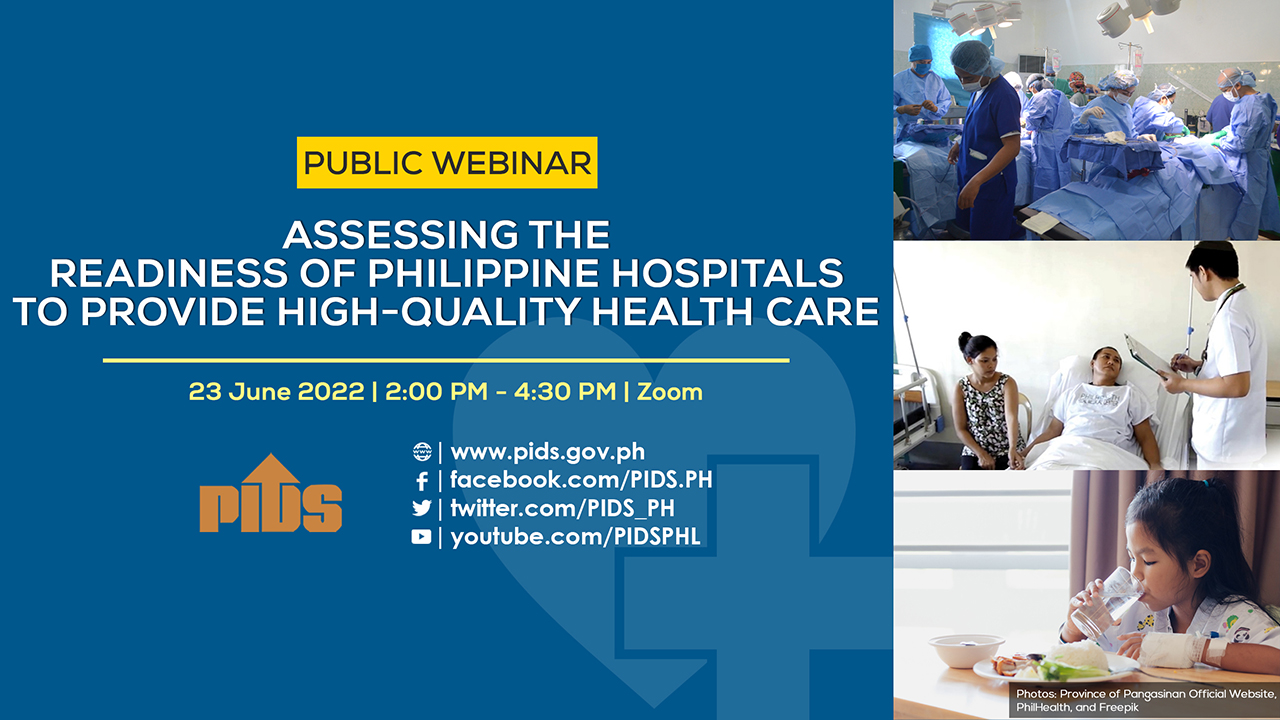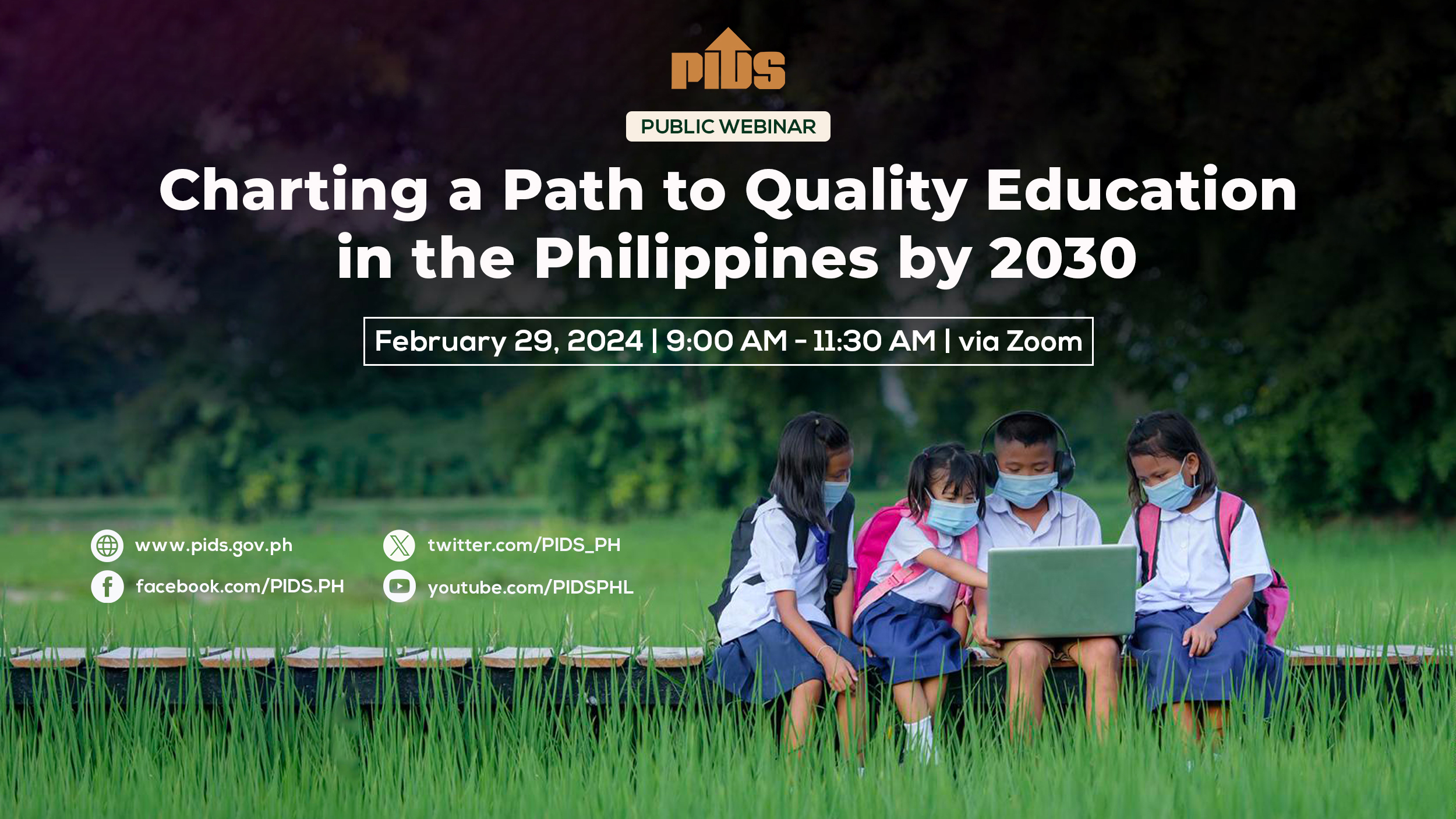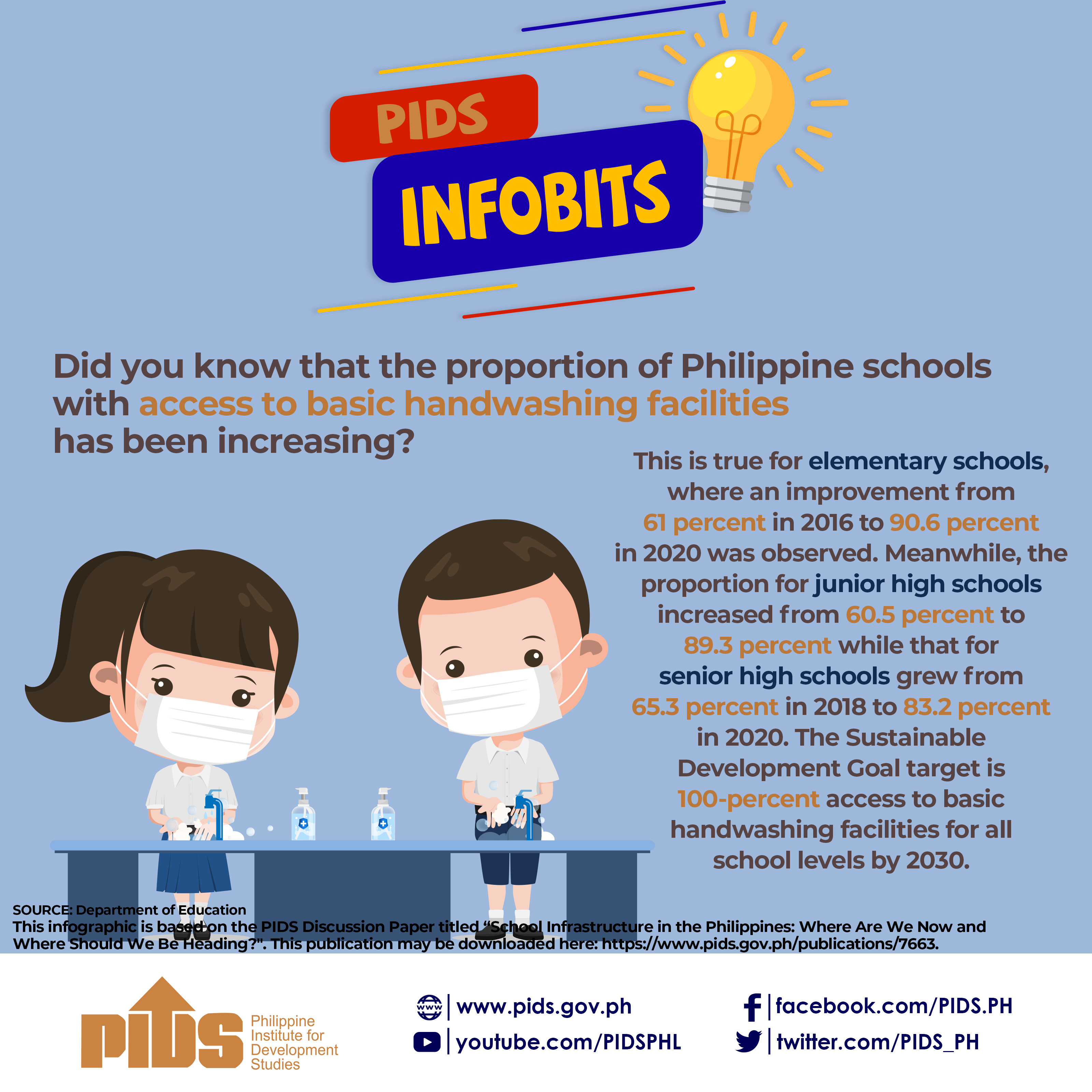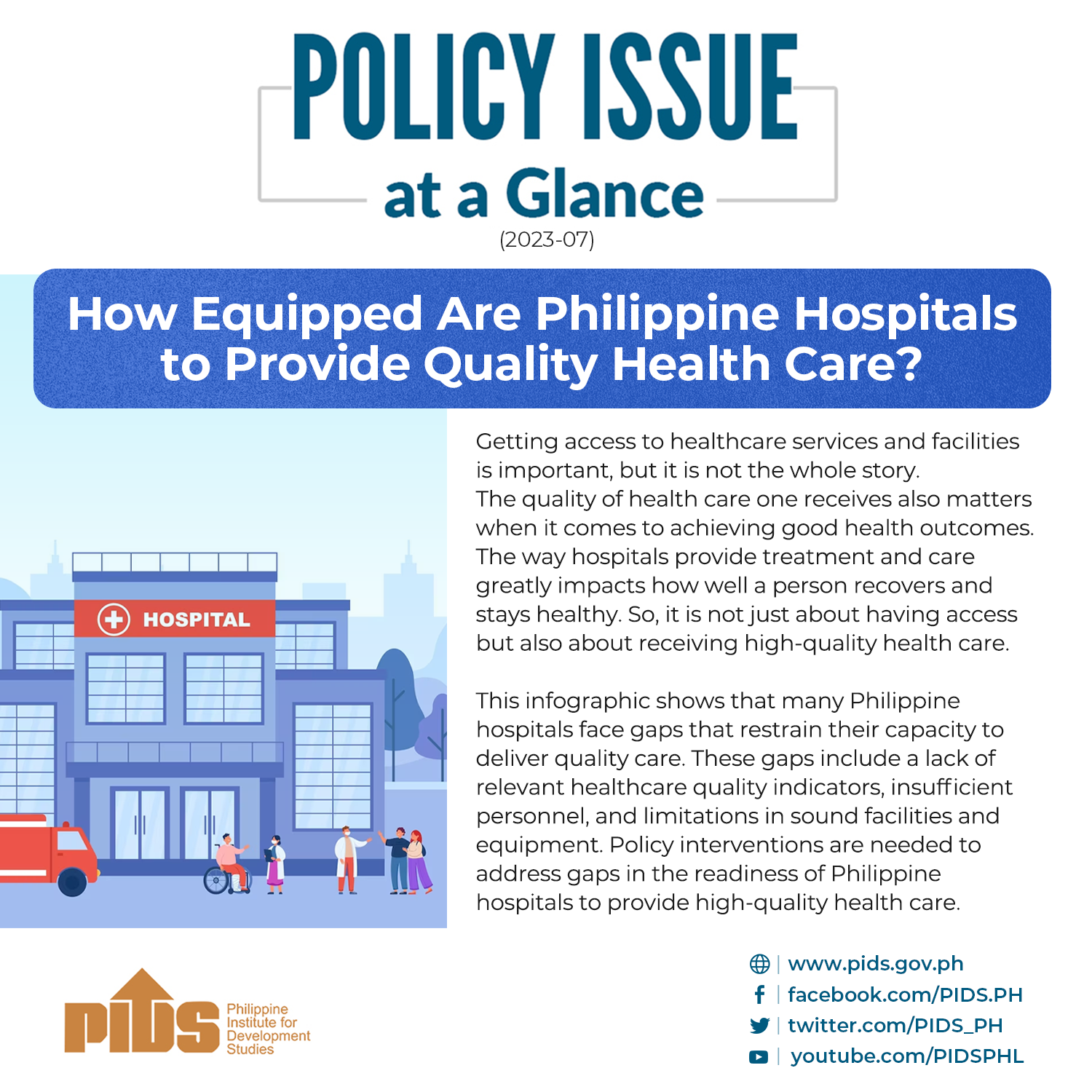While the Department of Education (DepEd) takes pride in its efforts to “pivot from access to quality education,” the private sector in education expressed concern on the quality of learners that are being produced by schools.
The Coordinating Council of Private Educational Associations (COCOPEA), the largest aggrupation of private schools in the country, lamented the “stringent” policy environment on private education.
“The bandwagon against private education seems to be getting a lot of riders,” said COCOPEA Managing Director and Spokesperson Joseph Noel Estrada.
Estrada cited the initiatives of some politicians – which somehow affect the complementarity of the public and private education sectors as cited in the Constitution – such as filing an ordinance prohibiting a “no permit, no exam policy” in all public and private schools, and threatening to close a university for exercising its discretion not to suspend classes of college students.
COCOPEA also noted the recent initiative of the Department of Education (DepEd) to issue a revised Manual of Regulations for Private Schools which amends the policy that allows private schools to withhold transfer credentials of students who refuse to settle their obligations – among others.
For Estrada, it seems that education is now more of a “distraction” to various stakeholders. “Instead of strengthening it and ensuring quality, our policy has not moved from making it accessible or free,” he said.
He also cautioned that “access to education with poor quality is meaningless and does little or nothing to uplift the lives of our youth.
Half-cooked?
The Federation of Associations of Private Schools & Administrators (FAPSA), which caters to issues on the operation of private schools, as well as concerns on school management, lashed at DepEd anew on the proposed Manual of Regulations for Private Schools, among others.
“It is still up and not reined in up to this time and the rules focus on tightening measures to ‘standardize’ the private schools like visitorial and monitoring function with enforcement power,” said FAPSA President Eleazardo Kasilag.
Meanwhile, FAPSA also cited the report of the Philippine Institute of Development Studies (PIDS), the country’s foremost think tank, which urged DepEd to rethink the “bad practice” of mass promotion among learners in public schools. “Private schools thought DepEd has eliminated this malpractice [already],” said Kasilag.
Kasilag noted that while there is no law about mass promotion “but seemingly, DepEd closes its eye as this is happening and instead wages war against the private schools.” Amid the issues that surround the country’s public school system, he clarified that this was not entirely the fault of teachers or the DepEd.
“Objectively, it is the fault of our system [because] all of them are helpless when congress makes a law to incorporate all the controversial issues in the school curricula,” he added.
DepEd, Kasilag said, seems “powerless” when it comes to certain requirements such as drugs prevention, election duties, surveying, population census, disaster, nutrition, participation in all sorts of seminars and training, mass immunizations, community mapping, deworming, and feeding – among others.
For Kasilag, these duties should not be given to non-academics so the teachers will be left in the “classrooms undisturbed with students.”
A different kind of “war”
In recent months, the proposal to revive the Reserve Officers’ Training Corps (ROTC) has been a priority of various stakeholders.
“While I understand that the re-filing of Mandatory ROTC bills is in preparation for an impending war, there is a more urgent ‘war’ that schools need to fight and it’s happening now – the war on illiteracy and innumeracy among our youth,” said Estrada.
For Estrada, there is “so much work to do on education” – especially the country is on the fourth year of the five-year transition period of the Senior High School (SHS) implementation under the k to 12 Program. “I just wonder whether our legislature has in mind the current situation of our education system,” he said.
Estrada noted that this school year, colleges and universities “have no third year and fourth year students” which means that for this school year and next, “we won’t have college graduates” – no board exam takers or no new professionals.
Estrada asked how the government was preparing the lack of newly licensed teachers for the next two years – given the hundreds of unfilled teaching positions and yearly requirement in public schools under DepEd.
“I wonder what our government is doing to prepare our system for this: empty seats in college classrooms; displaced professors; and private higher education institutions (HEIs) closing down,” he added.
Despite the load of work that needs to be done in the education sector, Estrada said that the COCOPEA remains “optimistic” as it plays “an important role in policy-shaping keeping the balance and complementation of public and private sectors in education.”












